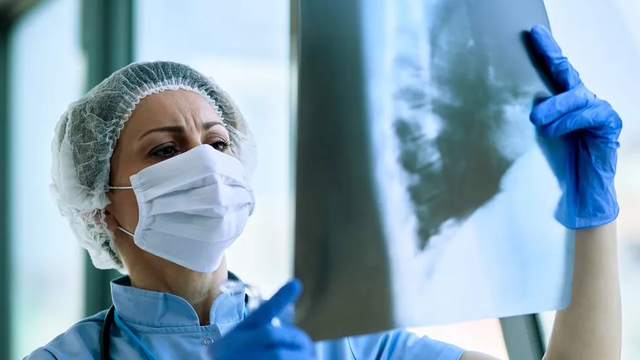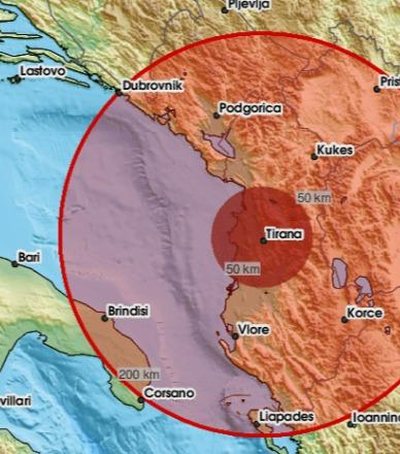
A third person has died this week in Argentina from an unexplained type of pneumonia that has affected a total of nine people so far. All the cases center around a private medical clinic in the northwestern province of Tucuman.
Authorities say they have ruled out Covid and common strains of the flu, but are continuing to check for other infections. In search of the cause, tests are also being carried out in the local water supply and air conditioners.
The third victim was a 70-year-old woman who was admitted to the clinic for a surgical intervention. Doctors believe she may have been "patient zero" for the respiratory disease. Others who contracted the lung disease were medical staff at the center. Their close contacts are being monitored, but none have shown symptoms to date.
The mysterious disease claimed its first victim among workers at the clinic on Monday and its second two days later. Both, like the 70-year-old woman, had other underlying illnesses.
The first six patients started showing symptoms between August 18 and 23.
Tucuman's health minister, Luis Medina Ruiz, said on Wednesday that the patients were struck with "a severe respiratory condition with bilateral pneumonia... very similar to Covid".
Symptoms included high fever, body aches and difficulty breathing.
Hector Sale, president of the Tucuman provincial medical college, told local reporters: "We are not dealing with a disease that causes person-to-person transmission" since no cases have been identified in close contacts of any of the patients.
The Pan American Health Organization is monitoring the situation together with Argentina's health authorities.
Prof Paul Hunter, professor of medicine at the University of East Anglia, told the BBC that at this stage, it was "very unlikely" to say what the impact might be.
"These things happen from time to time. Often they just fail, but not always.
"Sometimes they cause a significant local eruption or something even bigger."
He said experts should have more answers within days thanks to the speed with which checks and tests can produce results.
Source: BBC





